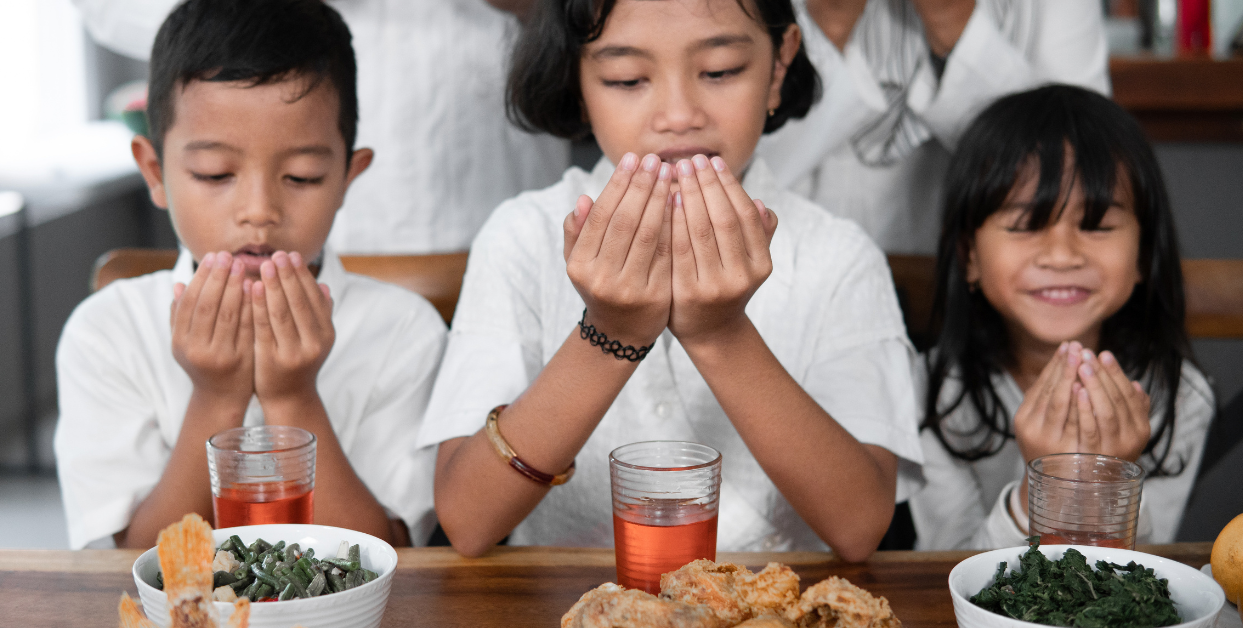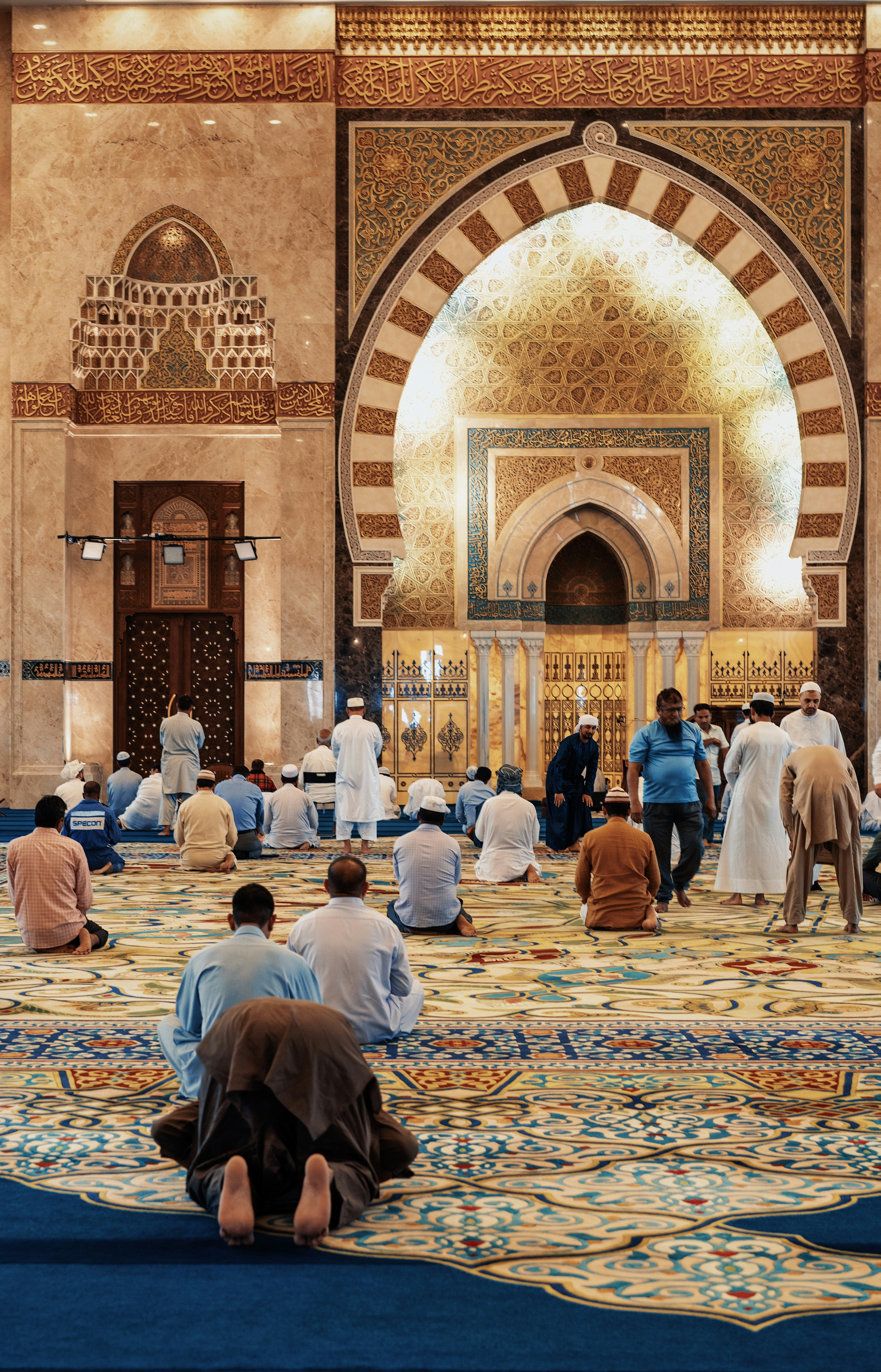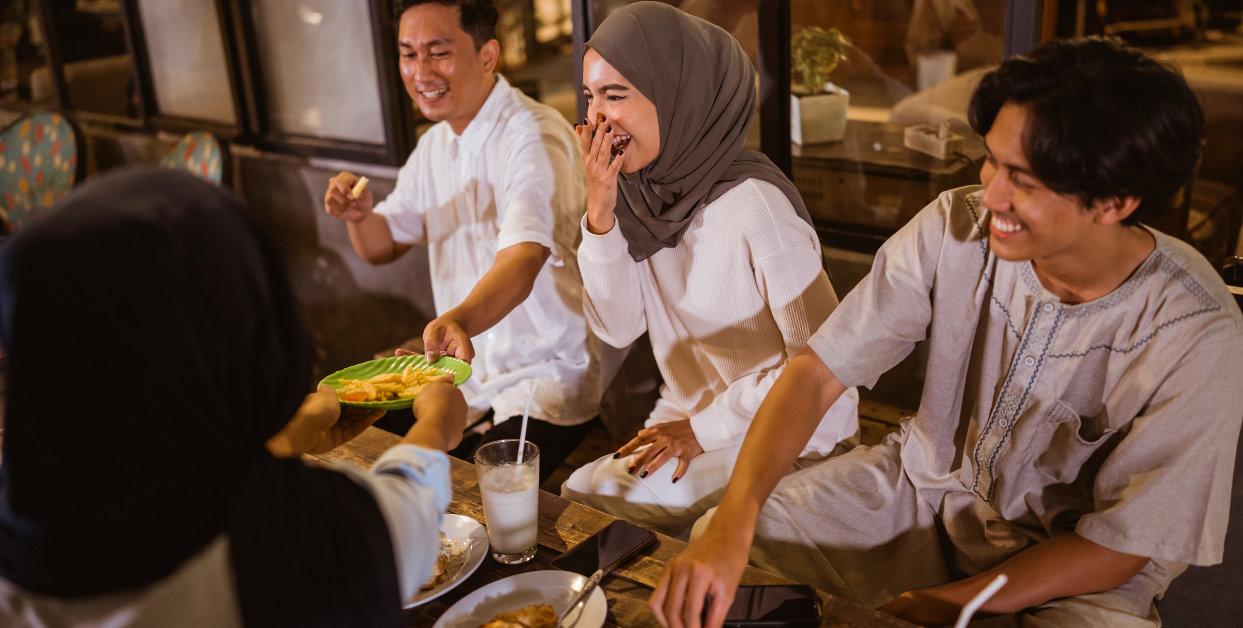What Is Ramadan And Why Do Muslims Fast?
Ramadan is the ninth month of the Islamic calendar and lasts 29 or 30 days.
Ramadan is an important pillar of Islam, and is observed annually by millions of Muslims worldwide
The Five Pillars of Islam represent the fundamental acts of worship and faith that are central to the practice of Islam. These pillars serve as the foundation of a Muslim's spiritual life and guide them in their relationship with Allah (God) and their fellow human beings.
The pillars are shahada (faith), salah (prayer), zakat (almsgiving), sawm (fasting during Ramadan), and Hajj (pilgrimage to Mecca).
Ramadan is the ninth month of the Islamic calendar, and lasts 29 or 30 days, depending on the sighting of the moon.
Ramadan commemorates the month in which the Quran, the holy book of Islam, was revealed to Prophet Muhammad (peace be upon him) by Allah
This divine event marked the beginning of a transformative journey for Muslims, guiding them toward righteousness, compassion, and self-reflection.
The central practice of Ramadan is fasting, where Muslims abstain from food, drink, smoking, and marital relations from dawn until sunset throughout the entire month
Muslims fast during Ramadan as an act of worship and obedience to Allah, following the commandments outlined in the Quran and the teachings of Prophet Muhammad (pbuh).
The reasons behind fasting during Ramadan are multi-faceted and include spiritual, moral, and communal aspects:
- Spiritual purification: Fasting allows Muslims to purify their souls and strengthen their relationship with Allah. By abstaining from worldly desires such as food, drink, and other physical needs during daylight hours, believers focus on spiritual nourishment, striving to increase their mindfulness, piety, and devotion to their Creator.
- Self-discipline and self-control: Fasting instills qualities of self-discipline and self-control, enabling individuals to overcome temptations and negative habits. By resisting the urge to eat or drink throughout the day, Muslims are encouraged to have a sense of restraint and willpower, which can be applied to other aspects of their lives beyond Ramadan.
- Empathy and compassion: Fasting fosters empathy and compassion for the less fortunate, deepening believers' understanding of hunger and hardship. Experiencing hunger firsthand encourages empathy towards those who face food insecurity on a daily basis, motivating individuals to engage in acts of charity and social responsibility.
- Gratitude and appreciation: By voluntarily fasting, Muslims cultivate a deeper sense of gratitude and appreciation for the blessings bestowed upon them by Allah. Fasting serves as a reminder of the abundance of food and resources available to many, prompting individuals to express gratitude for these blessings and avoid wastefulness.
- Spiritual growth and reflection: Ramadan provides an opportunity for spiritual growth and introspection, as Muslims engage in increased acts of worship, reflection, and repentance. Through prayer, recitation of the Quran, and contemplation of one's actions, believers strive to deepen their connection with Allah and seek forgiveness for past transgressions.
Ramadan encourages increased devotion through acts of worship such as prayer, recitation of the Quran, and engaging in charitable deeds
Muslims engage in additional prayers called Taraweeh, performed every night during Ramadan, wherein the entire Quran is recited over the course of the month.
This period offers believers an opportunity for deep introspection, seeking forgiveness, and strengthening their connection with Allah.
The month also fosters a sense of community and solidarity among Muslims worldwide
Families and communities gather for sahur (pre-dawn meals) and break their fast together for iftar (meals at sunset), emphasising the importance of shared experiences and support networks.
Additionally, mosques host communal iftar meals, open to all, regardless of faith or background, promoting unity and hospitality.
A core aspect of Ramadan is the emphasis on generosity and charitable giving
Muslims are encouraged to engage in acts of kindness, contribute to community initiatives, and support those in need through zakat (mandatory almsgiving) and sadaqah (voluntary charity).
This spirit of compassion and benevolence reinforces the principle of social justice inherent in Islam.




